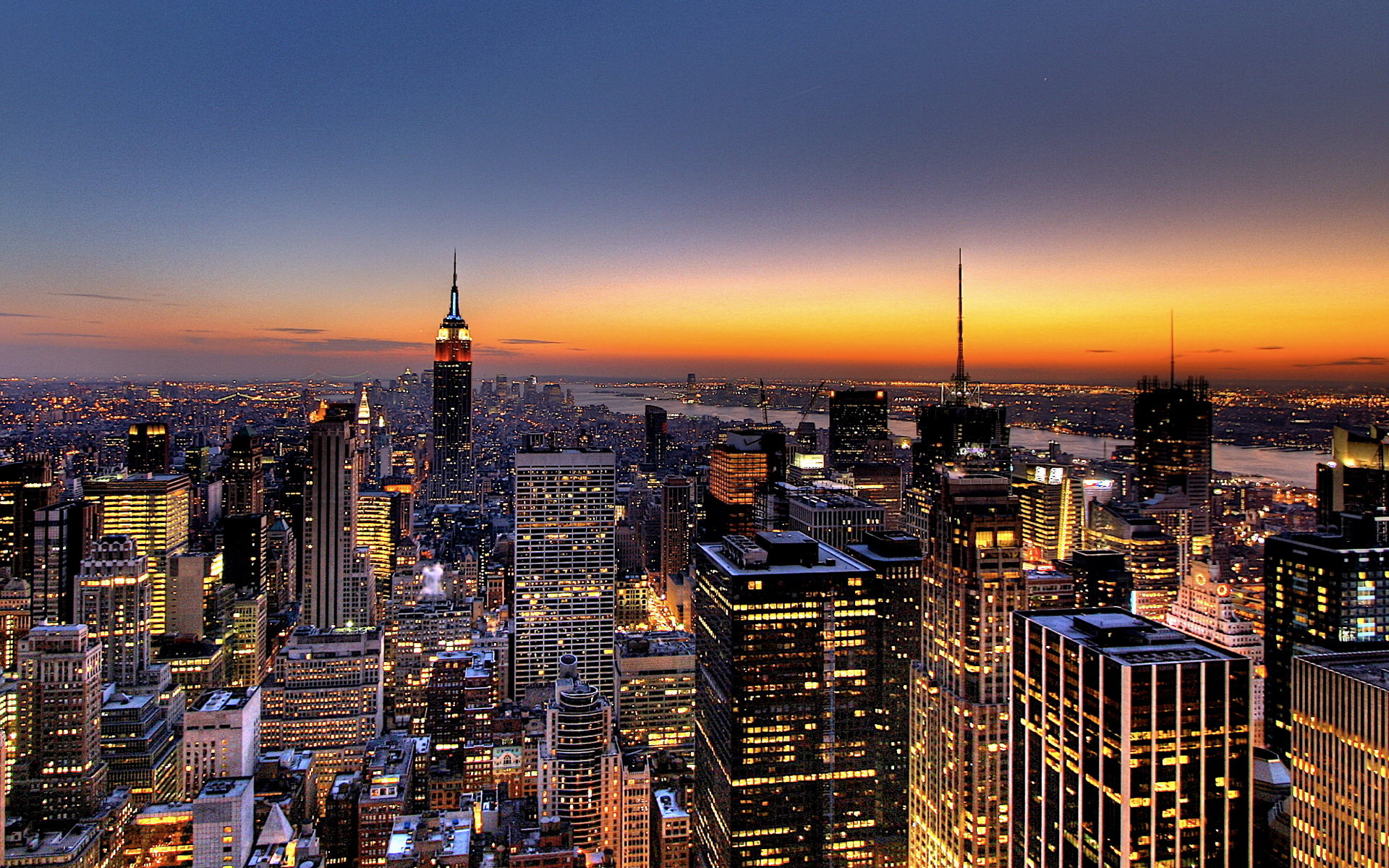Chile’s momentous referendum on its constitution
A YEAR AFTER the outbreak of huge protests in which at least 30 people died, Chileans assembled again. The combination of mass civility and minority mayhem was familiar. Tens of thousands of flag-waving demonstrators congregated peacefully on October 18th in Plaza Italia in central Santiago, the capital. In the afternoon fights broke out between football gangs. The day ended with attacks on police stations and two churches ablaze.
The pandemic has largely contained such protests. But a more enduring solution is supposed to come from a referendum, to be held on October 25th, on whether Chile should scrap its constitution and write a new one. “This provides a chance to channel in a civilised way something that got really scary,” says Javier Couso, a constitutional scholar at Diego Portales and Utrecht universities who advises the centrist Christian Democratic Party.
The problems with the current constitution start with its origins. Adopted in 1980, it is the work of the regime led by Augusto Pinochet, a despot who ruled until 1990. Although it acknowledged basic freedoms, a state of emergency suspended these until the regime’s final days. Under the influence of pro-market economists educated at the University of Chicago, it not only protected the private sector but gave it a big role in providing public services. “It is...























